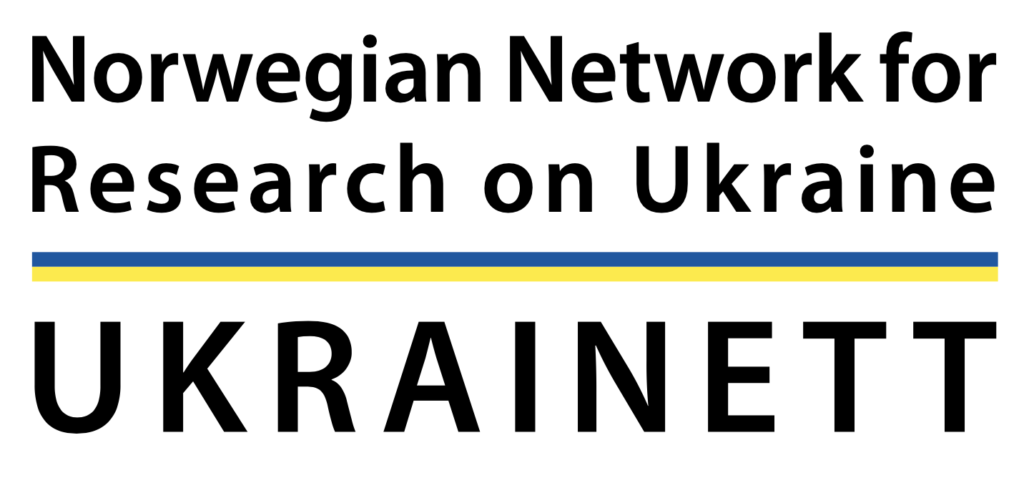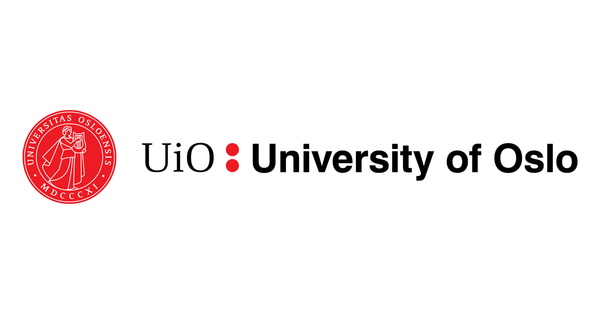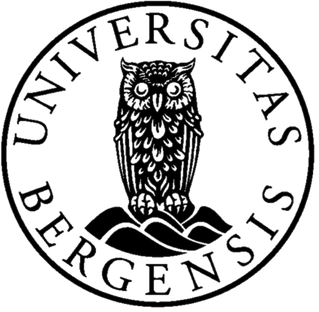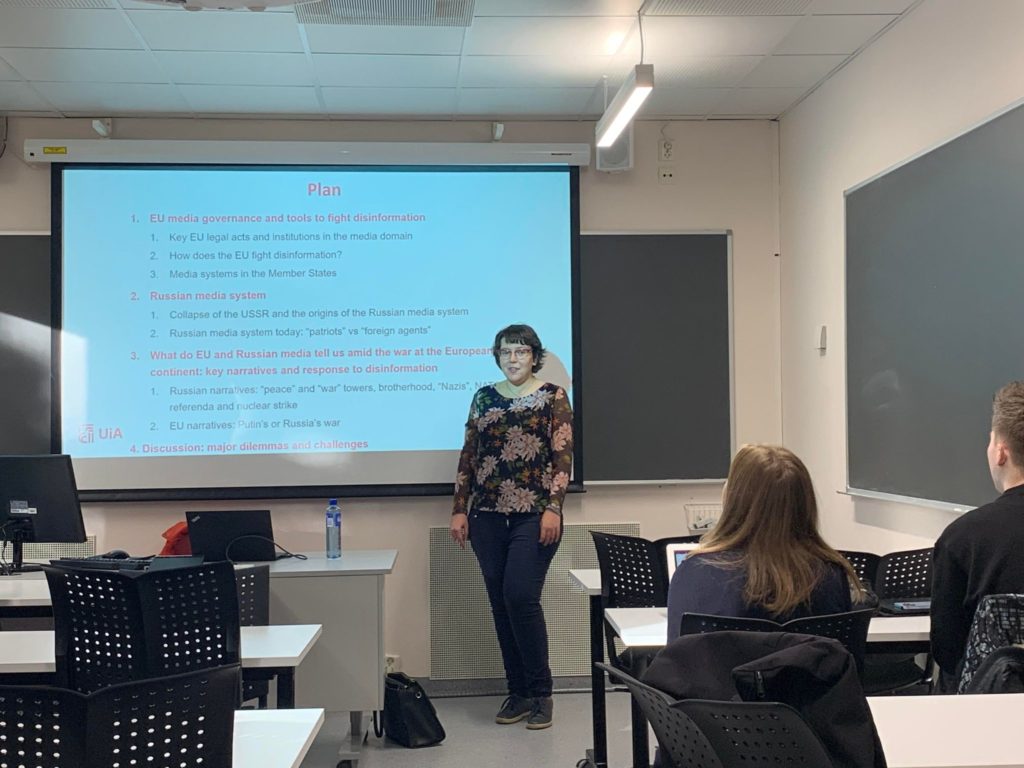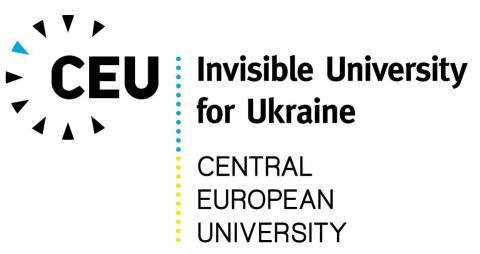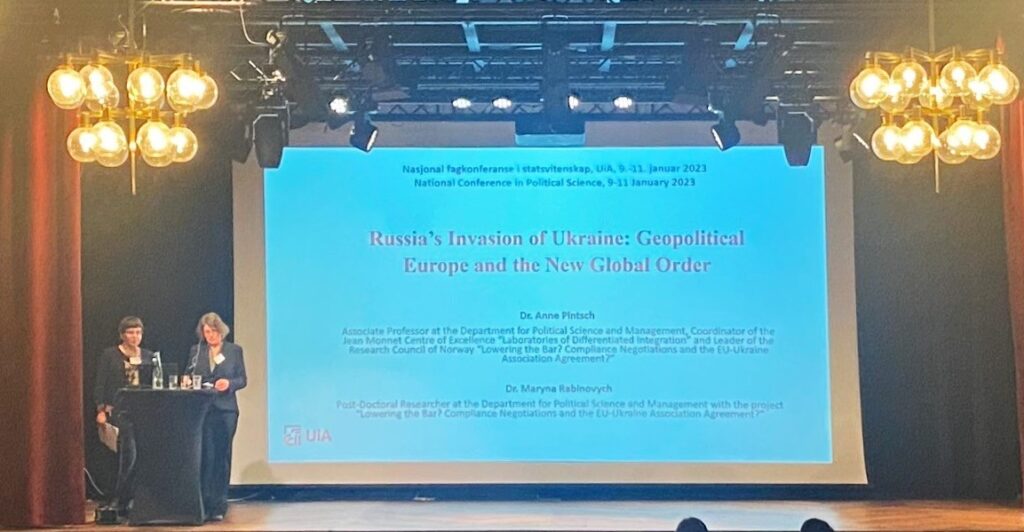
On 9 January 2023, Dr. Anne Pintsch and Dr. Maryna Rabinovych were honoured to give a keynote speech, titled “Russia’s Invasion of Ukraine: Geopolitical Europe and the New World Order”. The annual Norwegian National Conference in Political Science was organized by the Department ofPolitical Science and Management of the University of Agder between 9 and 11 January 2023. The conference is an important venue for scholars from Norwegian universities, colleges and research institutes to discuss research results and ideas.
The Project Team’s keynote speech focused on the EU’s response to Russia’s invasion of Ukraine on 24 February 2022, including the EU’s “geopolitical awakening” that was declared by the EU’s High Representative Josep Borrell soon after the invasion. The main argument was that, while the EU already did much to prevent the Kremlin from winning in Ukraine, it needs to do much more, if it seeks being a geopolitical power in a networked global order. This includes unprecedented sanctions against Russia, multi-faceted support for Ukraine and changes to the affected policies of the EU, such as countering energy dependency with Russia.
Yet, to be genuinely geopolitical, it is critical for the EU to identify its vulnerabilities and develop more autonomous and thought-through policies in the trade, technological, climate and many other sectors. Building a more geopolitical and more autonomous Union also inevitably involves reconsidering the policies towards and relations with other countries – be it allies or perceived sources of threats. It is beyond the doubt that elaborate economic, digital and climate policies and reliable coalitions will help Europe go through crises and withstand the rise of autocrats worldwide.
Yet, it was emphasized that all these new sector policies and changes in relations with specific countries and their groups are not enough for the EU to survive and help others in an increasingly dangerous world, where autocrats militarize everything: energy, space, food and human sufferings. The Project Team concluded with stressing that the EU shall use its aspired geopolitical power, strategic autonomy and resilience to bring the rules-based order back. This will, in turn, only be possible following the restoration of justice after the biggest and most destructive war in Europe since the World War II and the trial over the war criminals – processes, wherein Europe shall take a lead, whatever efforts and time it will take.
The one-hour speech was followed by a questions and answers session.
